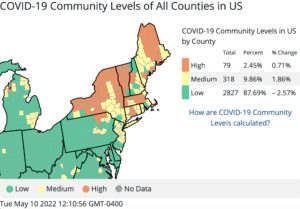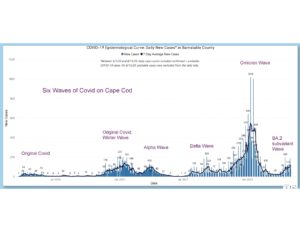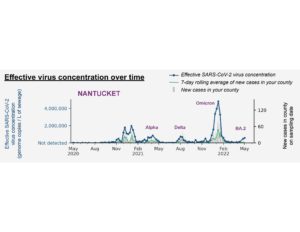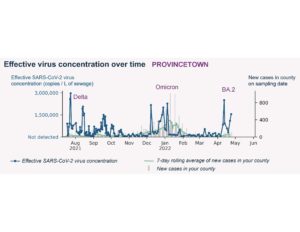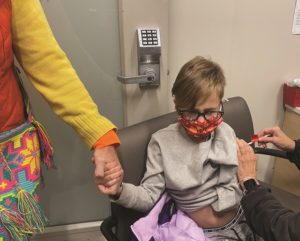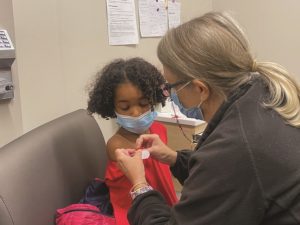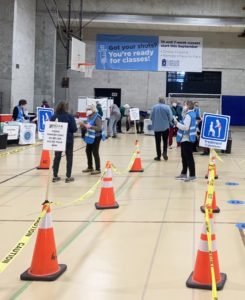PROVINCETOWN — For many people on the Outer Cape, summer ended this year as it often has in the past — with a wicked case of “the Crud.”
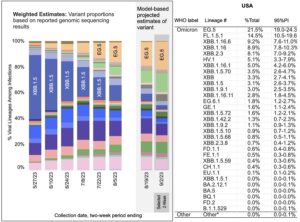
Towns full to the brim and workers stretched past their limits have made the “Cape Crud” a routine seasonal condition. The term is typically used to describe respiratory infections, but it is also just a name for the wide range of problems that afflict a physically taxed population, said Outer Cape Health Services Chief Medical Officer Andy Jorgensen.
“It’s a colloquialism we use on Cape Cod to refer to a variety of illnesses,” Dr. Jorgensen said, “that can range from stress to the common cold to allergies. There’s no one thing that’s the Crud. It’s basically a lot of things that come to fruition, often in late August and September.
“It’s the equivalent of Augustitis for your body,” Jorgensen added — referring to the also-colloquial mood disorder that can affect hospitality workers at the end of a hard season.
“People have worked hard, they haven’t had a day off, they’ve put their bodies through a lot of stress,” he said. “They have a variety of musculoskeletal complaints from overwork.”
Add to that ragweed, other allergens, and thousands of people in town for Carnival, and Cape Cod’s bodies become increasingly vulnerable to circulating pathogens.
There has also been a slight increase in patients testing positive for Covid, Jorgensen said. Staff at OCHS have resumed wearing masks “out of an abundance of caution.”
The Boston area’s wastewater testing program shows an uptick in Covid prevalence there. Provincetown’s wastewater testing program has consistently yielded results that are “spikey,” with lots of high and low readings in quick succession. Nonetheless, those readings are higher now than they were during the lull in cases that came immediately after the powerful Omicron wave of January 2022.
Covid Vaccines
This year’s annual Covid vaccine was approved by the Food and Drug Administration on Sept. 11 and recommended by the Centers for Disease Control (CDC) for all people age six months and older on Sept. 12.
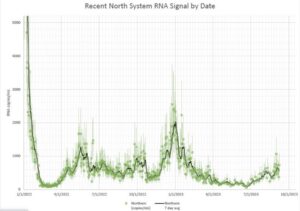
The new formulations of the Pfizer and Moderna vaccines target the XBB.1.5 variant of Omicron, and in a departure from last year’s booster shots, they no longer target both Omicron and the original variant of Covid that swept the globe in 2020.
Variants of Omicron have completely replaced the original Covid virus as well as the Alpha and Delta strains of Covid that emerged in 2021. CDC data show that 100 percent of Covid variants circulating in the U.S. right now are substrains of the Omicron variant, and World Health Organization charts show that the same is true globally.
Nationwide, only 20 percent of American adults received a booster shot last fall and winter, according to the New York Times, and only 62 percent of nursing home residents took booster shots.
In Barnstable County, 34 percent of residents received booster shots, including 78 percent of people over 75 years old, according to the state’s weekly vaccination report.
With the necessary approvals now in hand, this year’s annual shot should be deployed to health care centers around the country very soon.
“It’s a slight update to protect against the newer variants of Omicron,” Dr. Jorgensen said on Sept. 11, just before the FDA and CDC announcements. “As soon as it’s approved, it will be shipped out.”
